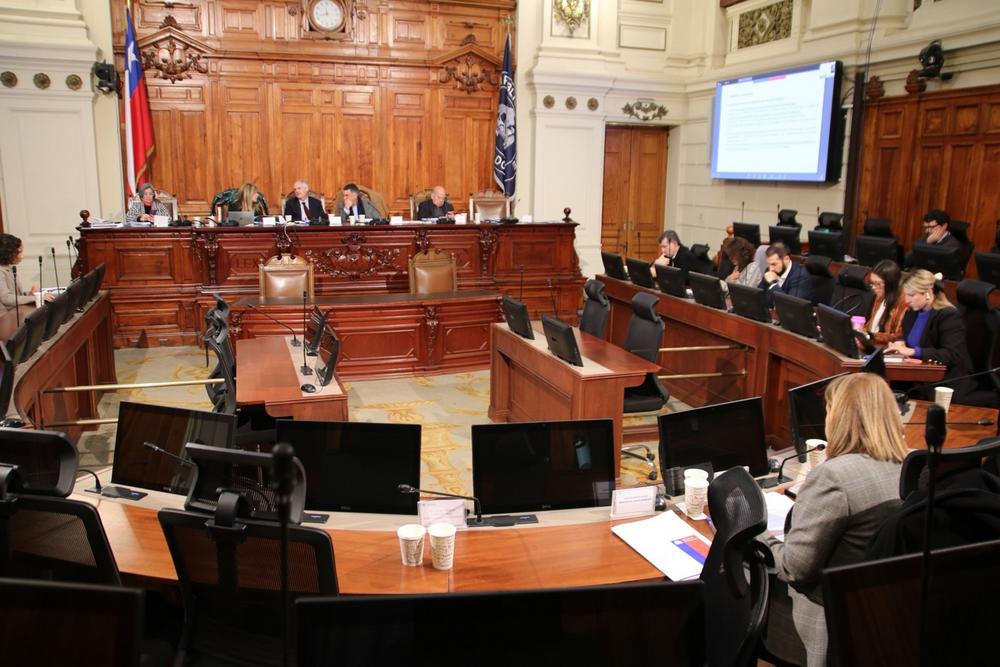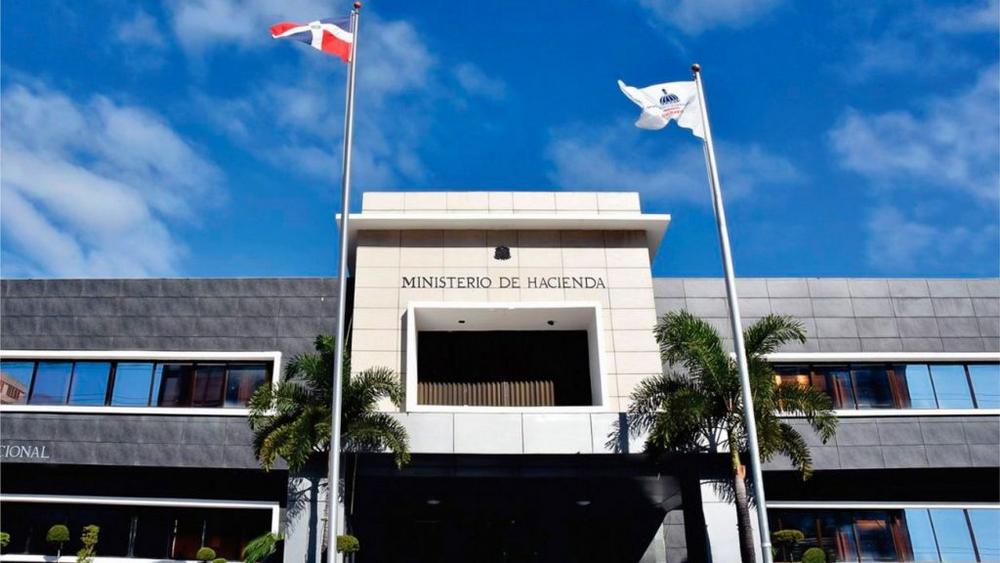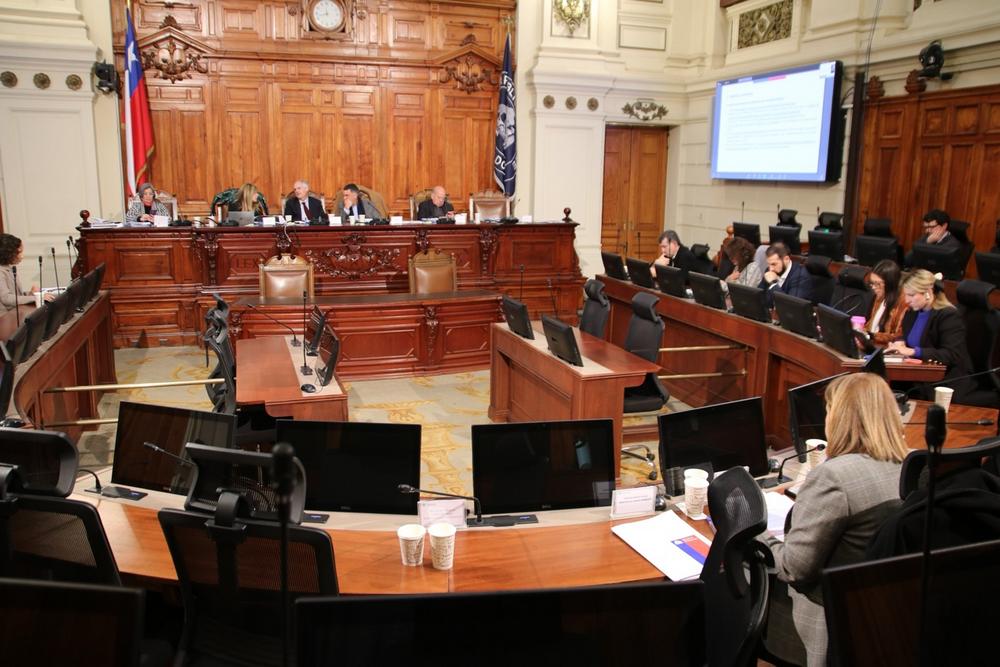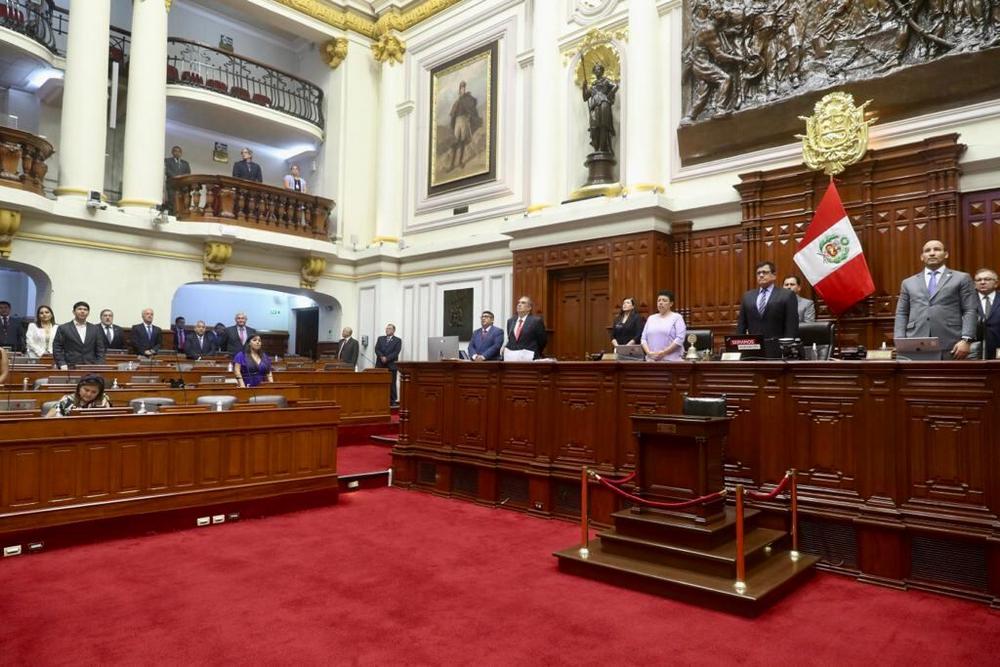When the Dominican Republic unveiled its latest gambling reform bill, industry stakeholders quickly pointed out gaps that could destabilize the market rather than strengthen it. The Dominican Sports Betting Association (ADOBAD) argued that the proposal lacks solid fiscal controls, oversight mechanisms, and consumer safeguards. These shortcomings are not minor details—they highlight the risk of repeating mistakes that other Latin American countries have worked hard to avoid.
Dominican Republic out of sync as gambling reform misses the beat

In Colombia, Coljuegos has been recognized for implementing a modern licensing system that balances growth with oversight. Online operators must comply with strict auditing standards, and land-based venues are monitored through electronic reporting. The model has allowed Colombia to secure over $200 million USD annually in fiscal contributions while limiting the spread of unlicensed machines.

Chile, currently advancing its online gambling legislation, has also emphasized the importance of clear taxation and strict consumer protection rules. Lawmakers have insisted that safeguards for minors and responsible gaming campaigns must be embedded into the law from the outset—contrasting with the Dominican bill, which critics say leaves those areas dangerously vague.
In Mexico, the lack of comprehensive reform has led to market fragmentation and persistent regulatory disputes. Dominican legislators risk heading down that same path if they fail to integrate robust oversight and anti–money laundering protocols.
ADOBAD’s warning is therefore more than a local complaint. It is a reminder that the Dominican Republic is not legislating in a vacuum. The region offers clear examples of how structured regulation can attract investment, secure tax revenue, and protect consumers. By ignoring these lessons, the country risks creating an uncontrolled expansion of slot machines and betting outlets that could overwhelm the existing market and weaken formal operators.
The Dominican reform is at a crossroads: it can either learn from its neighbors or become a cautionary tale of regulatory missteps.











































